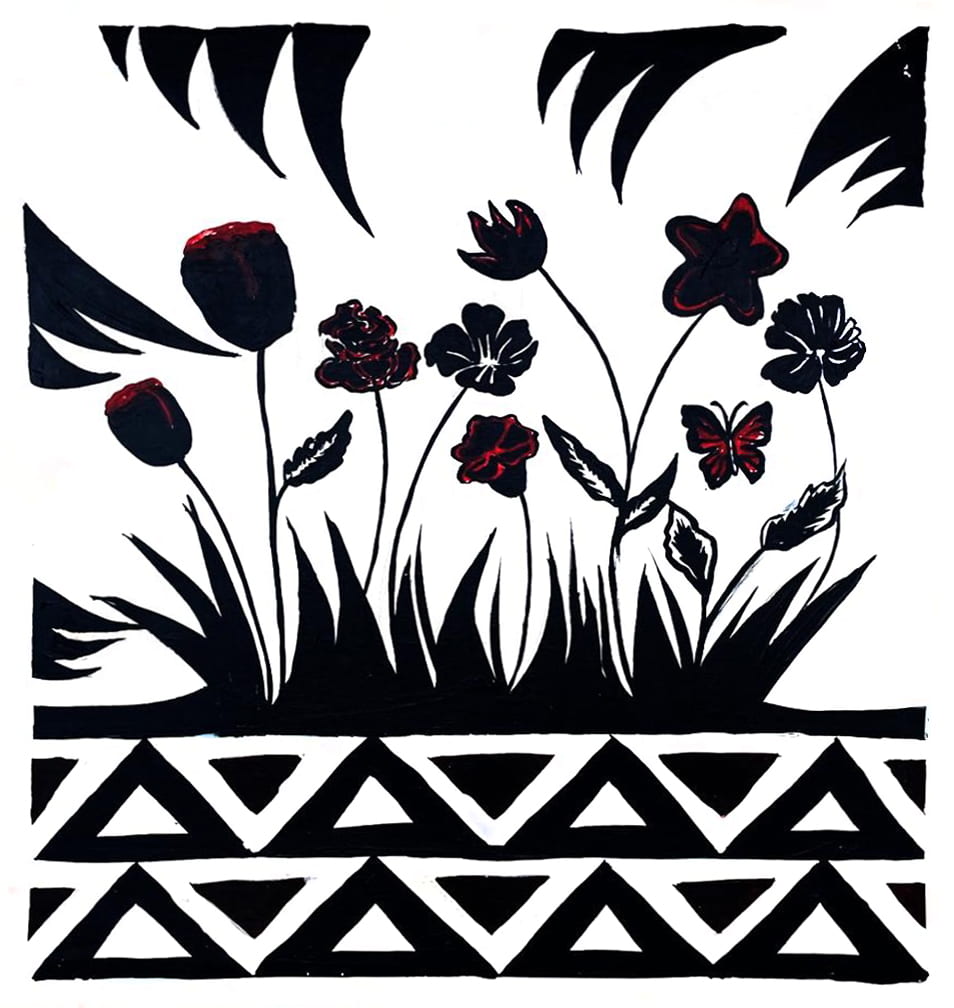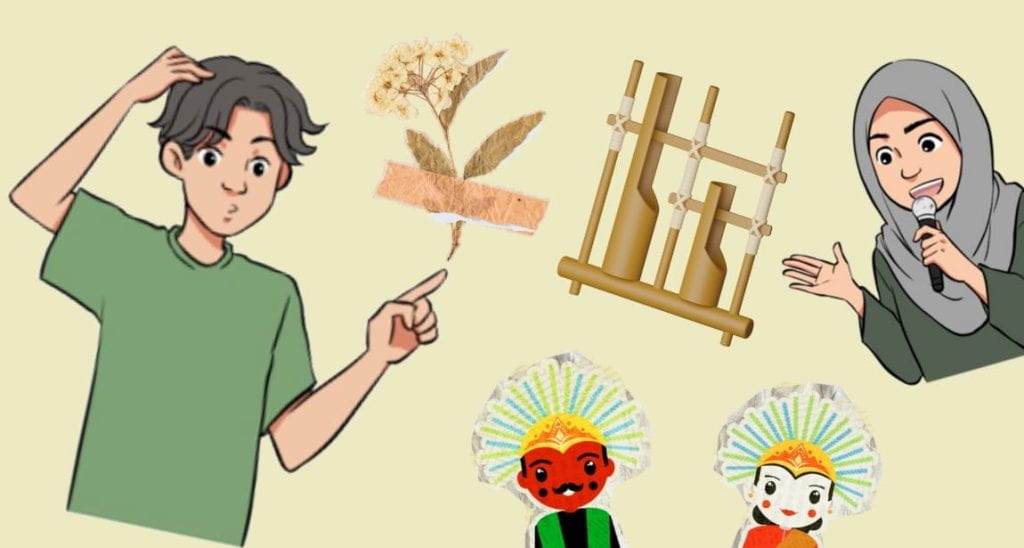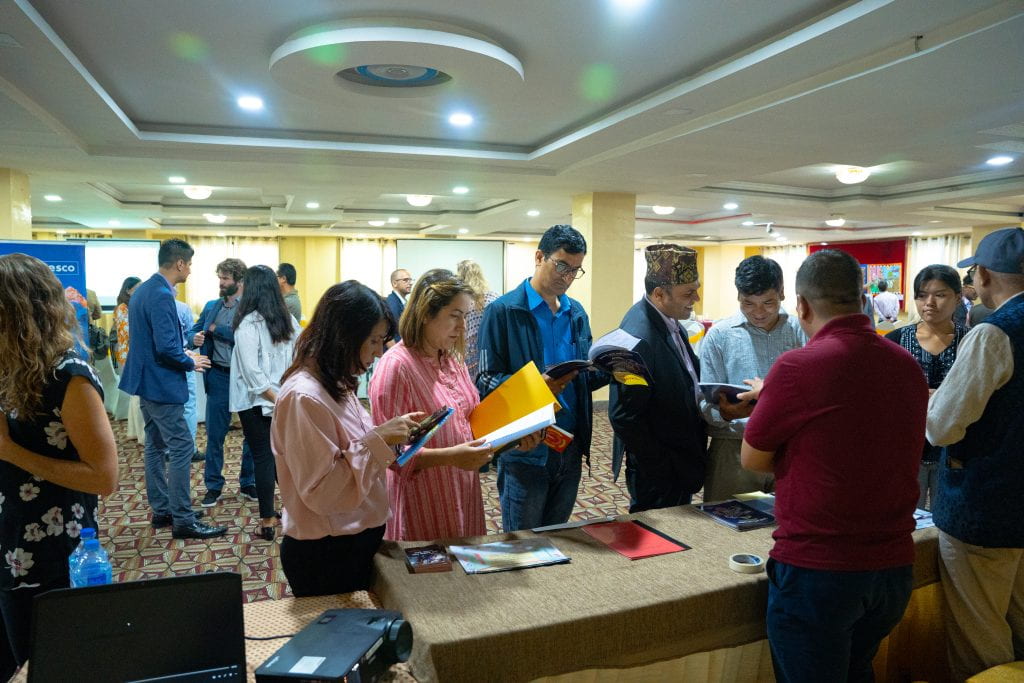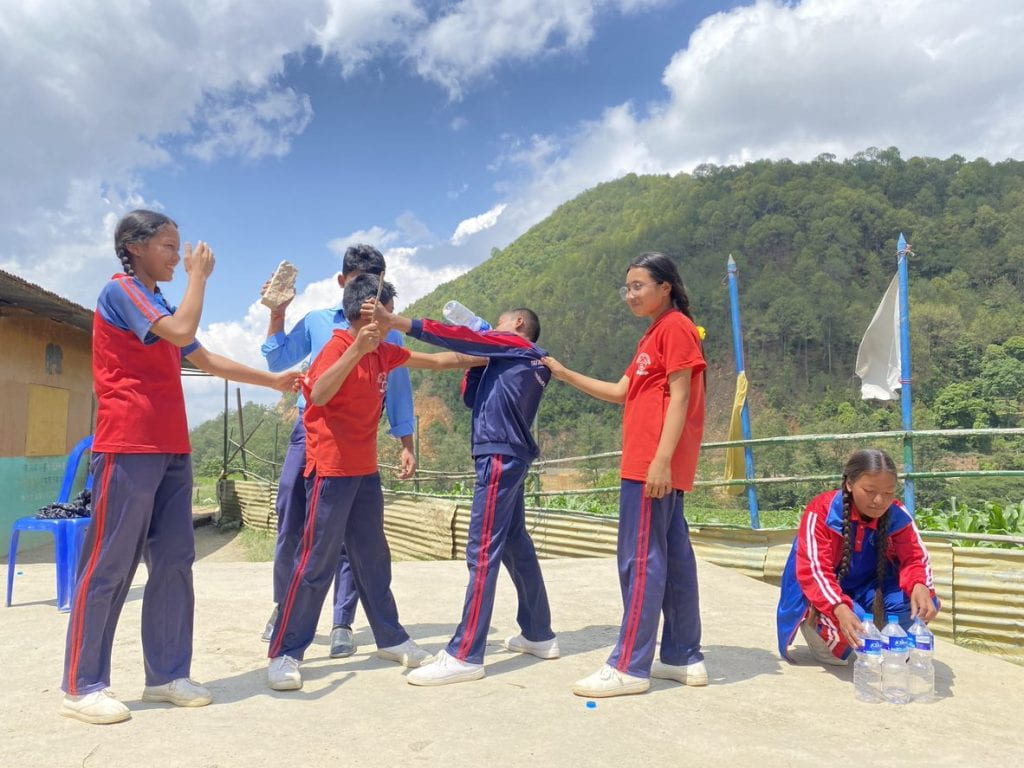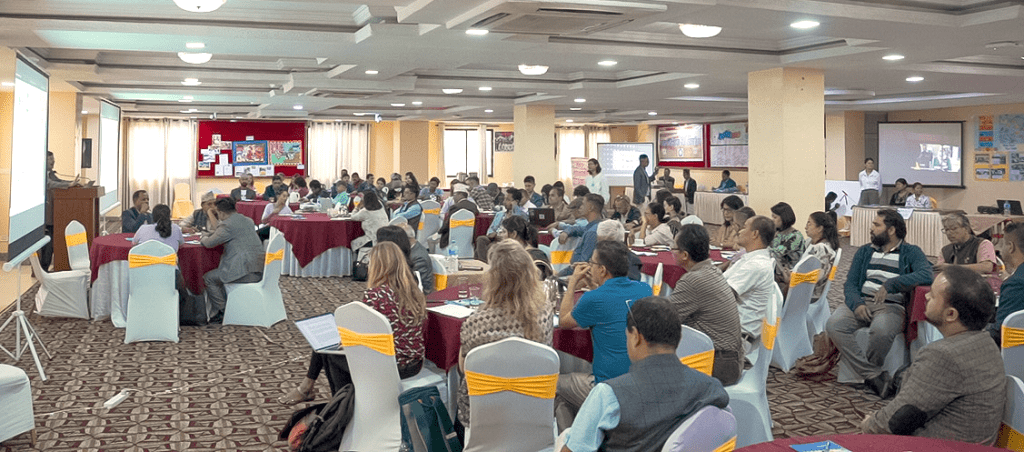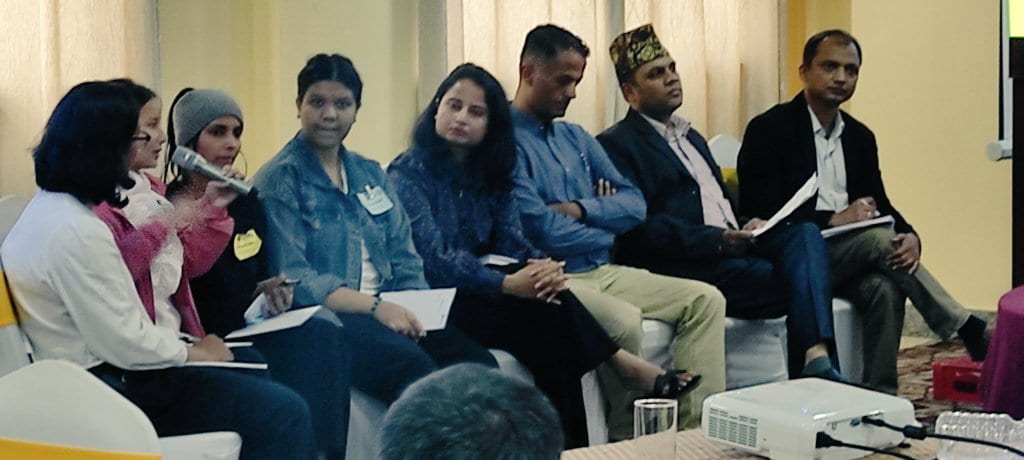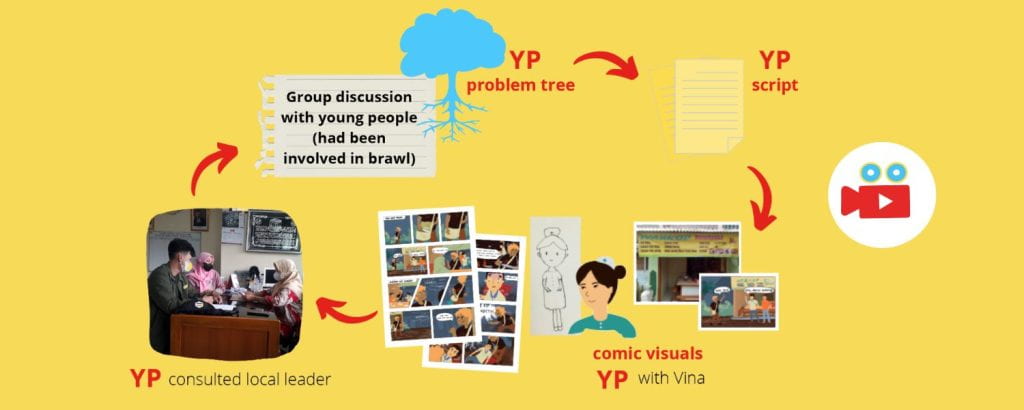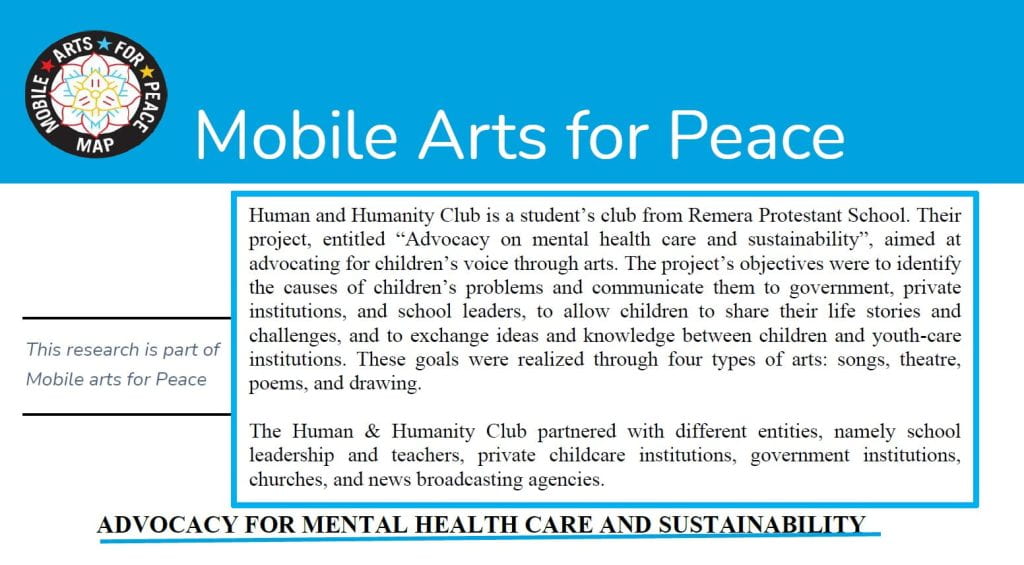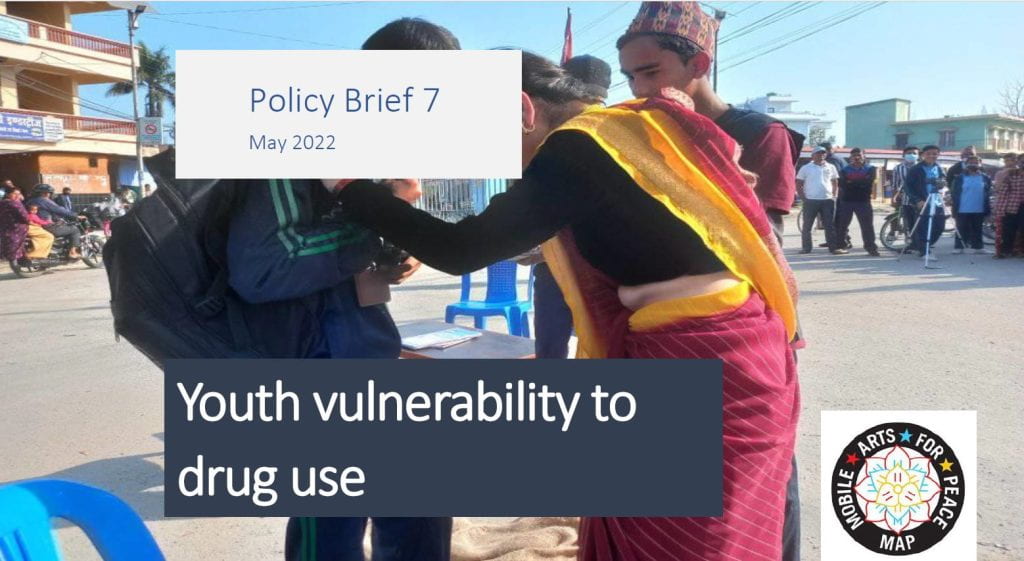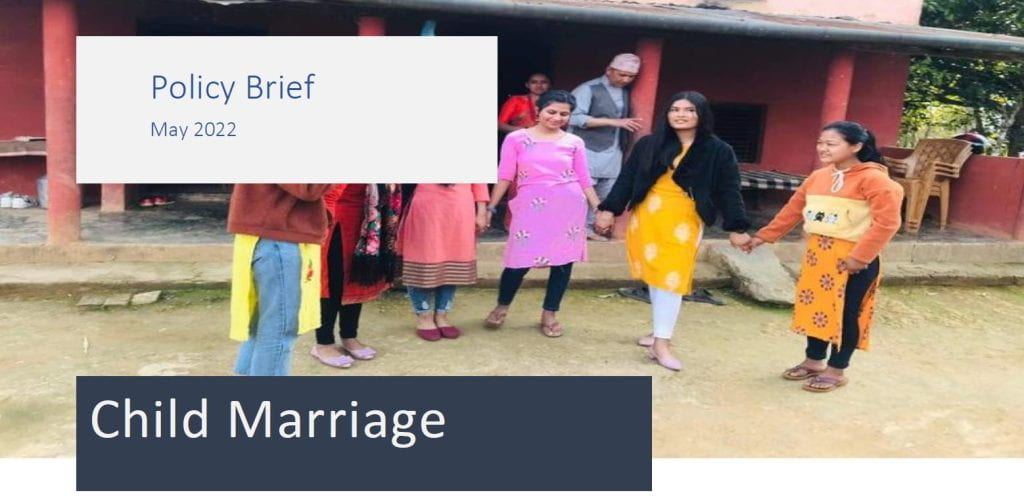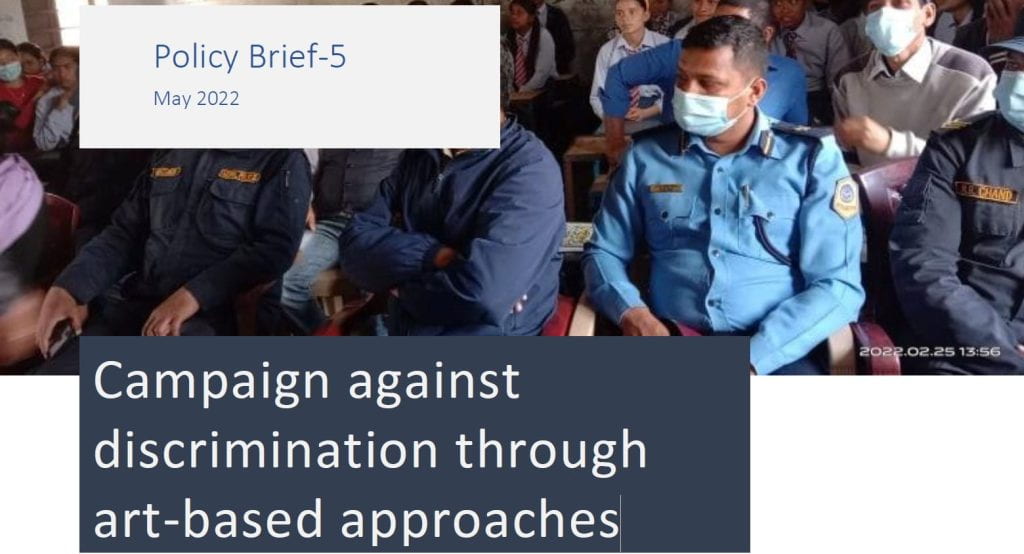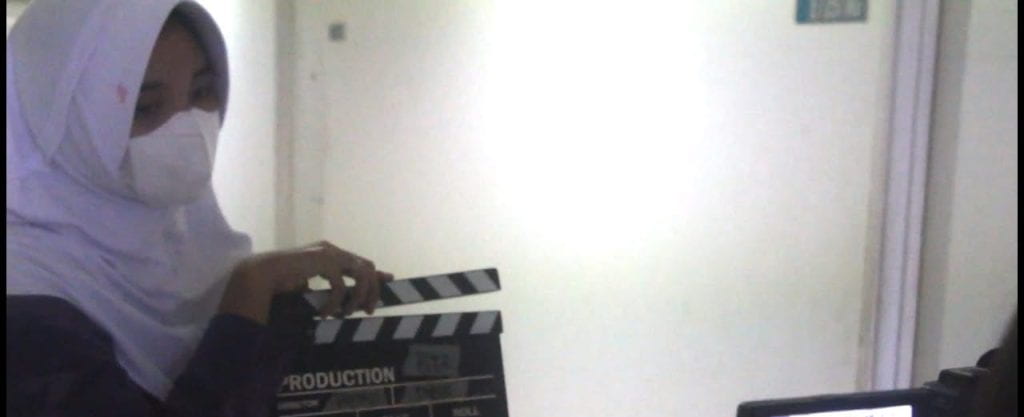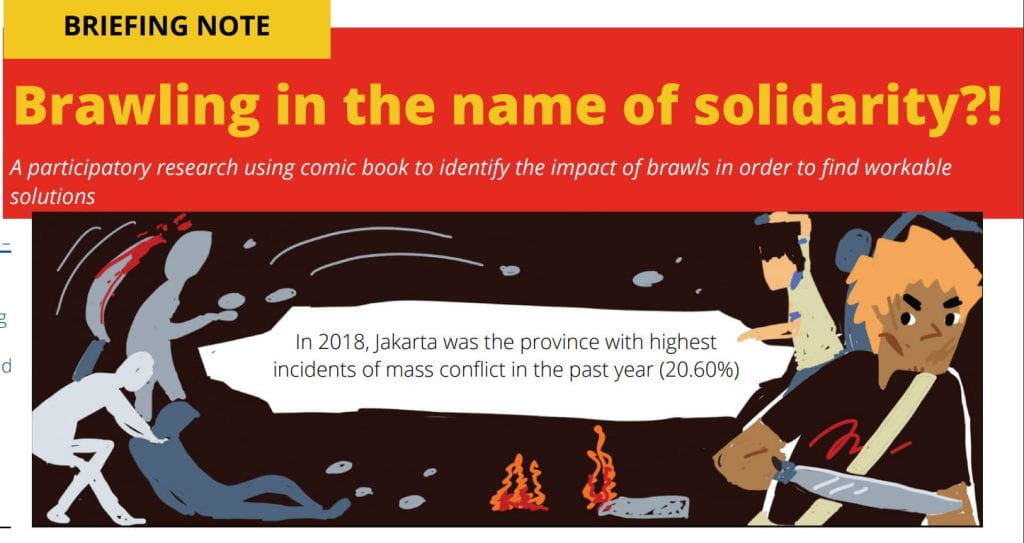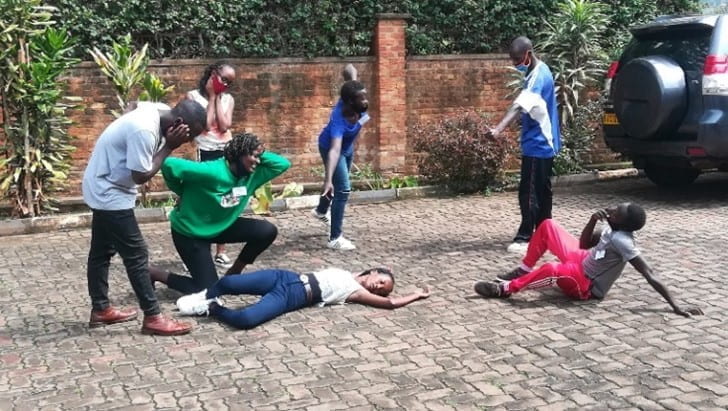The Culture We Want, for the Woman We Want stands as a bold declaration of hope, resilience, and transformation. Produced by the Gira Ingoma – One Drum per Girl project, this powerful book captures the dreams and aspirations of hundreds of girls whose voices are shaping a new narrative for equality in the creative and cultural industries….
Policy brief: Gira Ingoma book and policy brief: “The Culture We Want, for the Woman We Want”

